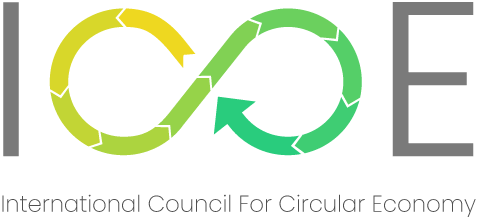My guest today on Inside Ideas is the journalist and author, Lucianne Tonti. The fashion editor of The Saturday Paper, she is also a regular contributor to The Guardian where she writes the weekly series Closet Clinic; her writing also appears in Australian Vogue.
Lucianne’s first book Sundressed: Natural Fabrics and the Future of Clothes, already released in Australia will be published by Island Press in the United States, Canada and the United Kingdom this year. Ahead of its launch in these countries Lucianne speaks to me about her book, as well as her hopes and fears about the world of fashion.
The regenerative fashion consultant, who has worked in sustainable and luxury fashion in Melbourne, Sydney, London and Paris, says a radical makeover of the fashion industry is needed to stem the tide of destruction it is causing.
“Now we have arrived at a place described as ‘ultra-fast fashion’. We are consuming 60% more clothes now than the year 2000 and by the year 2030 that will have increased by another 60% so in real terms for the average person that’s a lot more garments that are being produced, but also thrown away because the quality has declined. The end result of fast production is cheaper, inferior garments that you don’t want to wear for a long time.”
She adds: “It certainly makes the industry less sustainable because, when we’re producing that much stock that quickly, there’s not the time to investigate what’s happening all the way down the supply chain so it makes the industry less sustainable in a very material sense. But also if we want to have a sustainable fashion industry, we have to dramatically reduce the amount of clothes that we make and that we consume. So we need to buy less, wear what we already own more and only invest in pieces that we’re going to be able to keep and wear for a really long time.”
The post How to make clothes a better fit for the planet first appeared on Innovators magazine.
